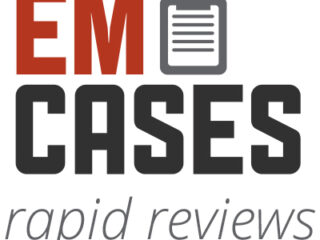cognitive decision making, diagnostic decision making, medical ethics
Ep 134 Shift Preparation: Pre-gaming with Rob Orman
The question is: how do we best mentally and physically prepare for an ED shift? Dr. Rob Orman, master educator and fellow podcaster joins Anton to discuss a few options...










